The term anaemia is used to describe the condition of having a low amount of haemoglobin within your blood stream or of having too few red blood cells.
The symptoms of anaemia is caused by a lack of red blood cells (haemoglobin) that are travelling around the body. Haemoglobin is the protein within the red blood cells that is required to transport oxygen throughout the body. This oxygen is needed to meet the needs of every cell in the body.
When you experience a lack of haemoglobin, you will notice some symptoms such as shortness of breath and dizziness. You may also feel tired, weak and experience heart palpitations.
Types of anaemia

Iron deficiency anaemia
Iron deficiency anaemia is the most common form of anaemia. This is the result of your body not getting enough iron to produce haemoglobin proteins.
Vitamin B12 deficiency anaemia
A deficiency in B12 can result in red blood cells being produced too large and not work efficiently.
Folate deficiency anaemia
When you are deficient in folate your body is unable to create enough red blood cells to meet its needs.
Anaemia of chronic diseases (ACD)
ACD can be caused by conditions such as hepatitis C or HIV. It can also be caused by an injury or during surgery. The inflammation which results can interfere with the production of red blood cells in the body. The cells which are produced don’t last as long as they should and are fewer in number.
Anaemia of chronic kidney disease
Anaemia can also be caused by damage to the kidney. A damaged kidney that cannot produce enough erythropoietin for red blood cell production can result in anaemia.
Haemolytic anaemia
Haemolytic anaemia is red blood cells are prematurely removed from your blood and destroyed. This is caused by the immune system creating antibodies that attack the body’s own red blood cells.
Aplastic anaemia
Aplastic anaemia is a rare condition which attacks the bone marrow. Since the red blood cells, white blood cells and platelets are produced within the bone marrow, it effects the number of required cells produced.
Sickle cell anaemia
People with sickle cell anaemia produce faulty haemoglobin. This condition can cause the blood to clot and disturb the blood flow of the body. Sickle cell anaemia is inherited from the parent.
Who is at risk?
Anaemia is a condition which is at an increased risk amongst women during pregnancy, children, young women and people with chronic diseases.
People who have a poor diet or who suffer from particular medical conditions are at risk of developing anaemia in later life.
Iron deficiency anaemia
There are a number of types of anaemia. The most common type of the condition is iron deficiency anaemia. The symptoms of iron deficiency anaemia include:
- Tiredness
- Pale complexion
- Heart palpitations
- Being short of breath
- Lack of energy
If you notice any of these symptoms, you should contact a GP for a blood test. The blood test will determine if you have iron deficiency anaemia.
Causes of Iron deficiency anaemia
A lack of iron in the body can be caused by a number of problems.
One cause is a lack of iron in your diet. This is more common in pregnant women. If you lack iron in your diet over long periods you are more likely to develop anaemia.
Another major cause of iron deficiency id from blood loss from their stomach or intestines. This is the most common cause in men and post-menopausal women. Blood loss can be the result of any of the following:
- Heavy periods
- Pregnancy
- Stomach ulcer
- Stomach cancer
- Bowel cancer
- Non-steroidal anti-inflammatory drugs (NSAIDs)
Nutrition Advice: Treating iron deficiency anaemia
Iron deficiency anaemia is immediately treated by prescribing iron supplements. There are rarely any long term problems once the supplements have treated the problem.
You will need to ensure that there is a substantial amount of iron in your diet to avoid the symptoms of anaemia from returning. A nutritionist can help you improve your diet to ensure that you include enough iron in the food that you consume.
Working with you and your medical record, a nutritionist will discuss your current dietary habits. They will then begin to draw up a plan to encourage the inclusion of foods which are good sources of iron within your diet.
- Brown rice
- Dark-green leafy vegetables, such as watercress and curly kale
- Eggs
- Nuts and seeds
- Pulses and beans
- Iron-fortified bread or cereals
- Tofu, meat or fish
- Dried fruit eg. Prunes, apricots and raisins
Folate deficiency anaemia
The vitamin B12 or B9 is commonly called folate. Lack of folate in your diet can result in red blood cells which have become enlarged. When blood cells become abnormally large, they are unable to function efficiently.
Vitamin B12 and folate is required in healthy functioning bodies to regulate the nervous system correctly. A deficiency of folate in your diet can result in the following symptoms:
- Reduced energy
- Depression
- Extreme tiredness
- Memory problems
- Muscle weakness
- Pins and needles
- Red and sore tongue
- Difficulties with judgement and understanding
If you experience any of these symptoms, you will need to discuss them with your GP. A blood test will help determine whether you have folate deficiency anaemia.
B12 or folate deficiency anaemia needs to be treated as soon as you notice the symptoms. Treatment can help improve the condition. But there are some irreversible conditions that can develop as a result.
Causes of B12 or folate deficiency
Pernicious anaemia is the most common cause of B12 deficiency in the UK. If you have this condition, your immune system attacks healthy calls inside the stomach. This prevents the absorbtion of vitamin B12 even if it is present in your diet.
B12 or folate deficiency can be the result of a number of problems these include:
- A lack of vitamin B12 in your diet
- Pernicious anaemia
- Medication
Vegan diets are particularly prone to resulting in a low intake of B12. Most eating habits should not be short of the vitamin unless it is a poor diet over a long period of time or a fad diet.
Some medications can affect the amount of B12 absorbed into your body. These include anticonvulsants and proton pump inhibitors (PPIs).
Nutrition Advice: Treating B12 and folate deficiency
If you are diagnosed with B12 and folate deficiency, it can usually be easily treated with tablets or injections.
B12 supplements will alleviate the symptoms of anaemia. However, the treatments may be required to continue indefinitely.
Folic acid tablets will be required for a four month period.
In many cases, an improvement in diet can treat the condition and ensure that it does not return. You can increase the input of vitamin B12 in your diet by including the following foods:
- Meat
- Fish
- Eggs
- Dairy products
- Yeast extract (such as marmite)
- Specially fortified foods
The best foods for sources of folate include green vegetables:
- Broccoli
- Brussels sprouts
- Peas
Consulting with a nutritionist will help you manage your dietary requirements. If you are deficient in B12 of folic acid, a nutrition expert can discuss ways to improve the intake of these vitamins.
Read more about B12 and folate deficiency.
Read more about Anaemia.
